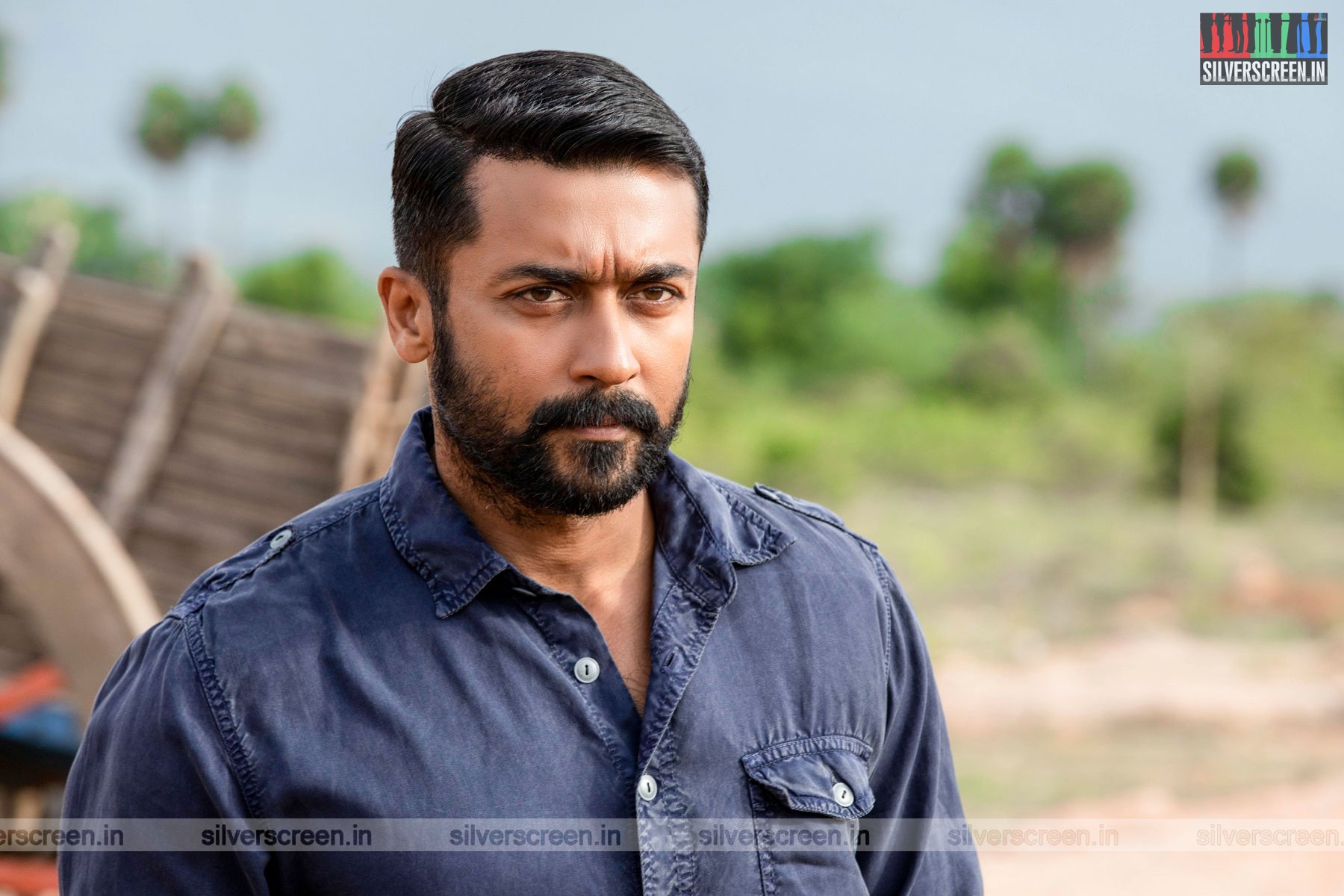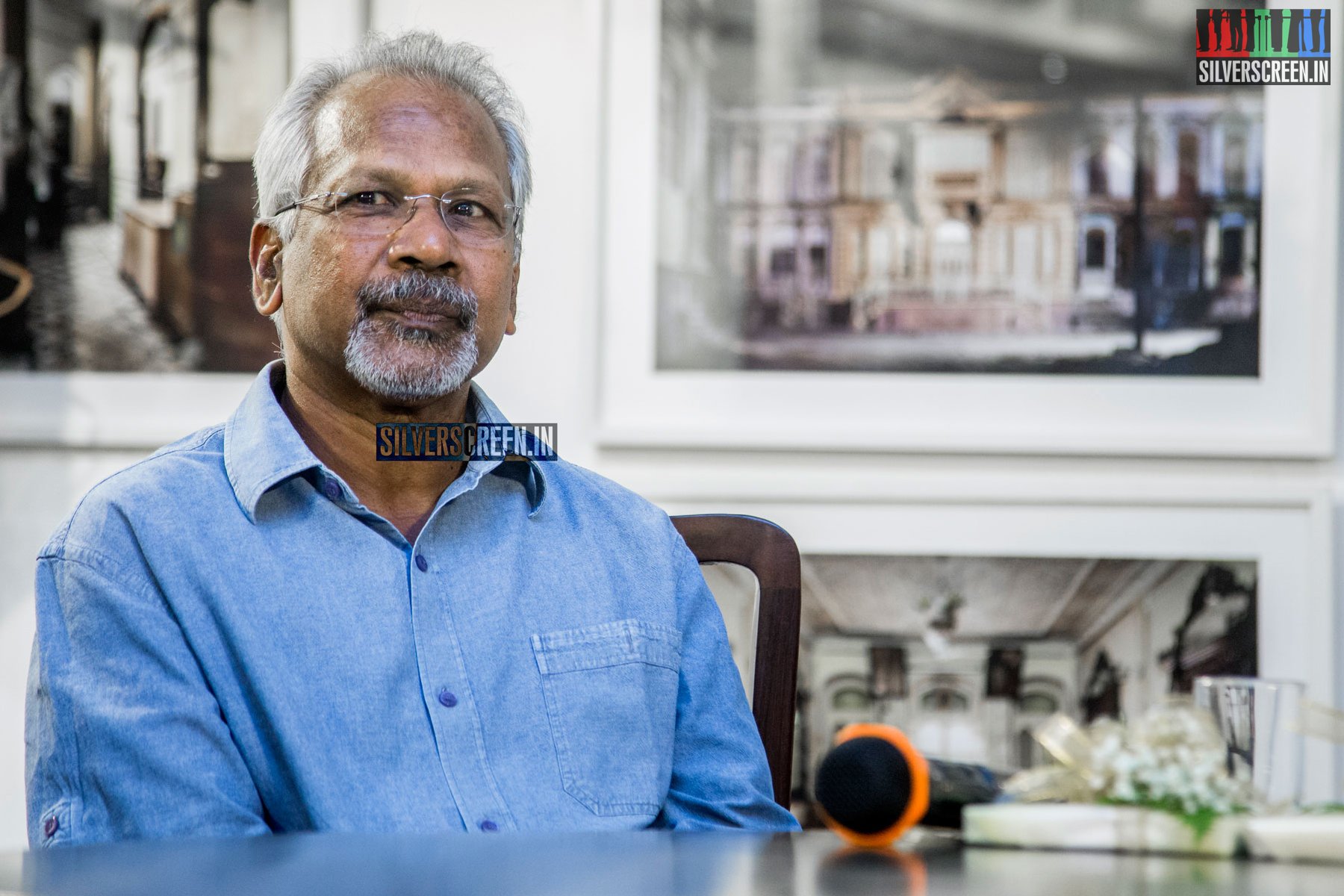Palestinian Mai Masri’s debut feature film, 3000 nights, is about Layal, a pregnant Palestinian woman held inside an Israeli jail. Tired, tortured and traumatised, she is given two choices by the jail officer – to deliver the child and bring it up in worst conditions inside the jail, or to abort it with the help of the jailers. To do the latter, she will have to spy on fellow political prisoners from Palestine.

3000 nights
In the film, Layal delivers the baby with the support of the women around her in the jail. They welcome the baby with hoots and laughter, and christen him Nour. The human touch that Mai gives to this film – portraying the suffering inflicted upon innocent people by war – is sublime. “It’s not enough to document things. Bringing a human dimension to it, and telling stories of pain and suffering is important,” declares Mai, “Finding hope within suffering is what is needed. How people resist injustice and destruction. It’s usually women and young people who carry that hope.”
*****
Mai’s oeuvre has more documentaries than fiction. She has travelled far and wide in the Middle East, documenting stories of those affected by conflict. “Documentaries are not just the mere reflection of reality,” she says. “Through a documentary, you can touch human beings by adding a human element to it. Find the right character. Have an eye for her/him.”
“For me, documentary is constructed like fiction. I follow my characters. I care about them,” she says.
For Wild Flowers, Mai stayed in a Lebanese village with the village women. She doesn’t believe in sticking to a written script. “It’s important to know what you are doing, and develop the story as you are doing it, and finally, edit it on your own,” she adds. “You are not supposed to tell people what to say. Trust is important. Be open to spontaneous moments. Be ready all the time.”
3000 nights, she says, is inspired from the life of people she met on various journeys. “I know a woman who gave birth to a baby boy in Israeli prison.” The bond that the women forged inside the jail is what drew her to the subject.
Recommended
She shot the film in an abandoned military prison in Jordan. “For me, the transition from documentary films to a feature film was natural. All the characters I have shown in the film are real. Some of the actors were actually prisoners. Others had a connection with prison through their parents, siblings or relatives,” she says.
Mai also thinks it’s the responsibility of ‘people like her’ to document history.
“Through culture and art, we have a huge responsibility to create public opinion, safe guard history and culture. There is always a pressure to change the history books. Always, winners get to write history.”
A person among the audience then asks her the question of the hour – how did she manage to get her feature film censored in Israel? “I got it censored not in Israel, but in France since it was a French co-production. That made the process easier. Sometimes you know your films might not get censored, produced or released, but that shouldn’t be a reason to not make them.”
*****



